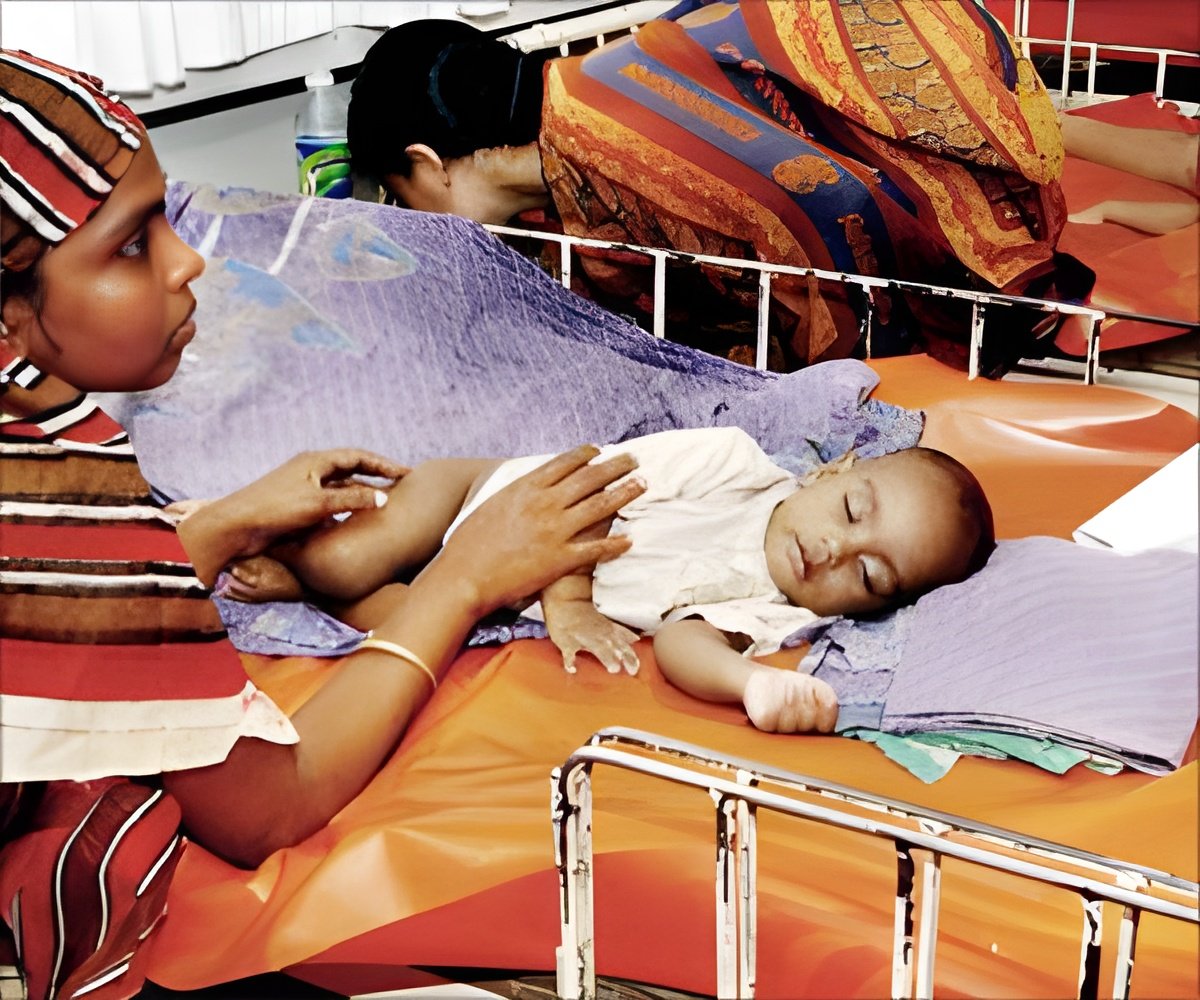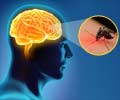Encephalitis outbreaks in India have killed more than 150 people, with health officials on alert fearing the death toll could rise further, state government directors said.

Many of the deaths have occurred since the onset of the monsoon season in June when mosquitoes breed in large numbers.
Another 56 people have died in the remote, northeast state of Assam with more than 300 infected with the virus, an official said on Wednesday.
"We have alerted health officials across the state to take preventive measures to stop Japanese encephalitis from spreading to newer areas," Parthajyoti Gogoi, regional director of health and the family welfare department in Assam, told AFP.
In West Bengal, Banerjee said fumigation has been ramped up to kill mosquitoes, along with health education campaigns for residents.
"We are hopeful that the situation will come under control soon," Banerjee told the Press Trust of India late on Tuesday.
Advertisement
Encephalitis can be transmitted by mosquitoes from pigs to humans and officials have pointed to the fact that farmers in West Bengal's worst-affected districts breed pigs.
Advertisement
The disease causes brain inflammation and can result in brain damage. Symptoms include headaches, seizures and fever.
Health experts say 70 million children nationwide are at risk.
National health minister Harsh Vardhan last month ordered "extraordinary steps" to end encephalitis, including an immunisation drive and dedicated hospital beds for patients in affected districts.
Although there is a vaccine for Japanese encephalitis, victims also die from other forms of the disease, including acute encephalitis syndrome, the exact causes of which are not known.
Source-AFP










